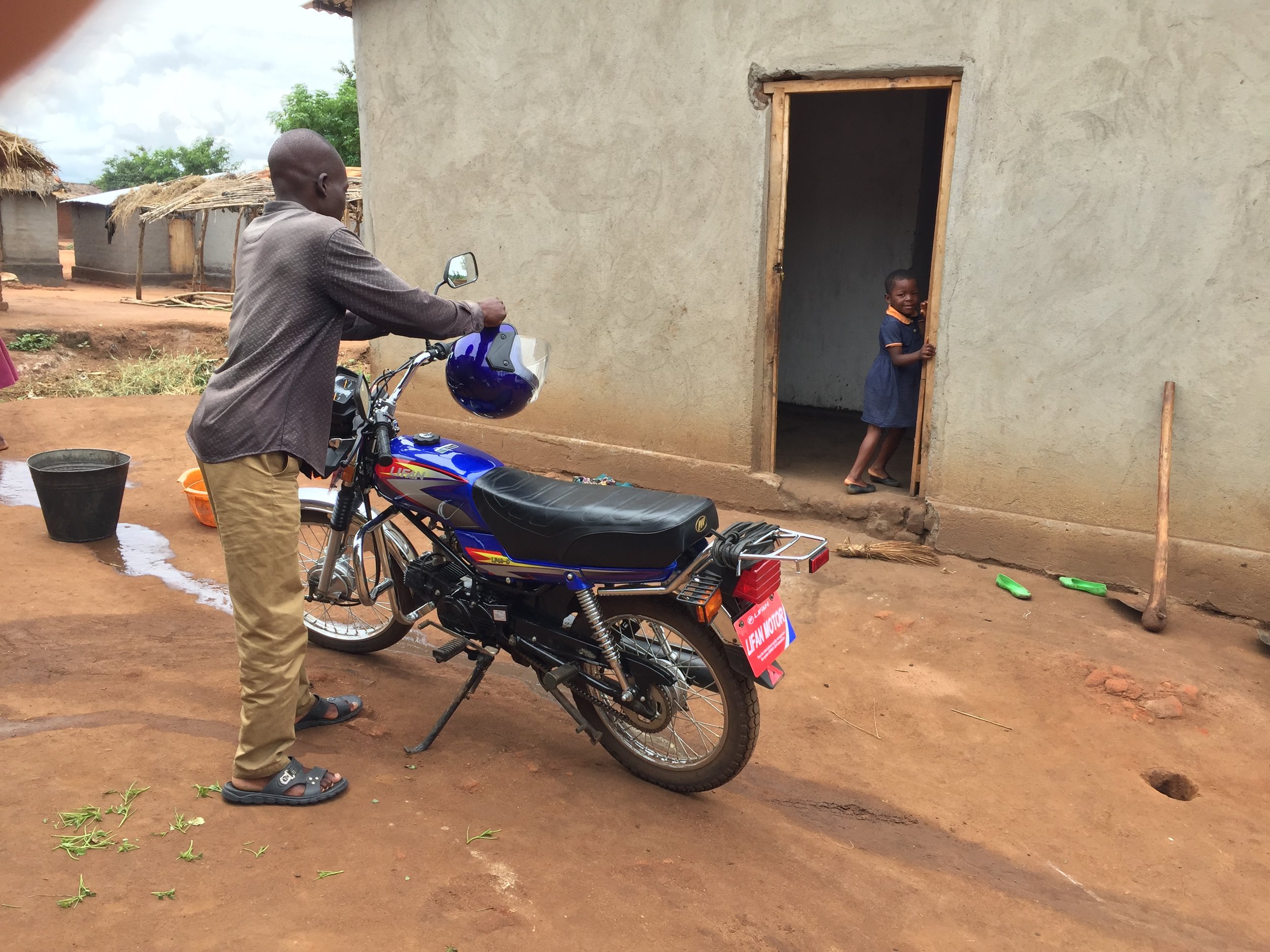A Tale of Two Villages
It’s hard to imagine from 10,000 miles away across the Atlantic Ocean the kind of differences irrigation technology can make in the lives of subsistence farmers in Malawi. To give a sense of the dramatic change, we’ll look at two actual villages—similar in many ways but also dramatically different.
In the first village, farming is difficult. The land is barren and brown; all appears to be dust and dirt. Farmers have to carry jugs of water about 100 yards from the single village well into the fields. It takes the entire agricultural club several hours just to complete one round of watering. Even with that level of work, they can’t manage the large quantities of water required to irrigate properly. Most of their crops are grown in the rainy season. In the dry season they are forced to grow low-water crops like potatoes, which don’t provide much profit when they are sold, or much nutritional value when eaten. Living with no margin, farmers in this village do not have money to purchase fertilizer. However, they have begun a small composting pile.
The second village has been in irrigation training with AWP for several years. Lush fields of maize and vegetables fill their acreage. They have three windmills on their shared property, each one owned and operated by a specific farmer, but serving the whole community. In contrast to the back breaking manual labor of farmers in the first village, windmills send water effortlessly into tanks. Stored water is distributed across the fields through a network of pipes.
With plentiful ground water just 10 to 15 feet below the surface, residents of this second village to grow crops year-round, more than tripling their yields on an annual basis.
The village glows with signs of prosperity: neat, windowed houses; healthy livestock; and energetic children in bright, colorful clothes.
AWP exists to transform dry, poverty-stricken villages like the first into healthy, food secure villages like the second.
The windmills that catalyzed this transformation cost about $3,000 each to build and assemble, and are funded by donations to AWP.
Some of this content come’s from Bryan Leines. Bryan visited Malawi in July of 2022. He lives in Virgina, USA and has been Ending Hunger in the lives of families since he graduated from college. Look for more from Bryan’s perspective coming soon!
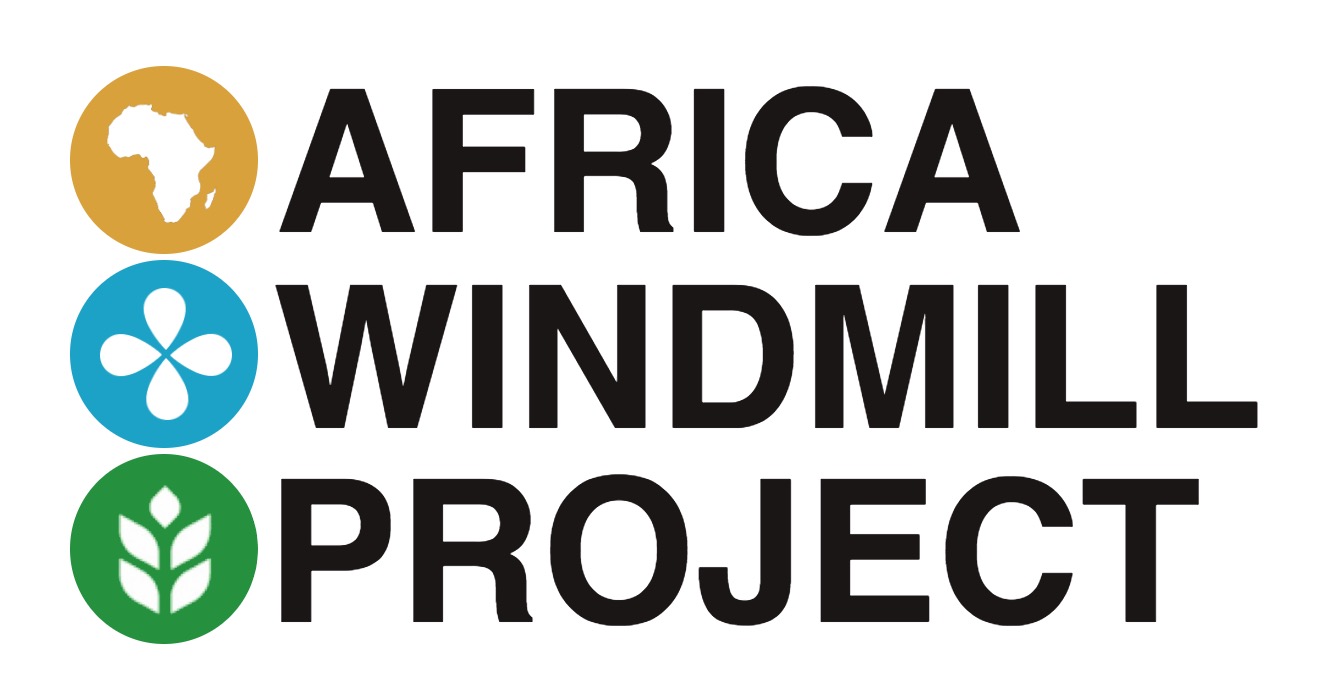
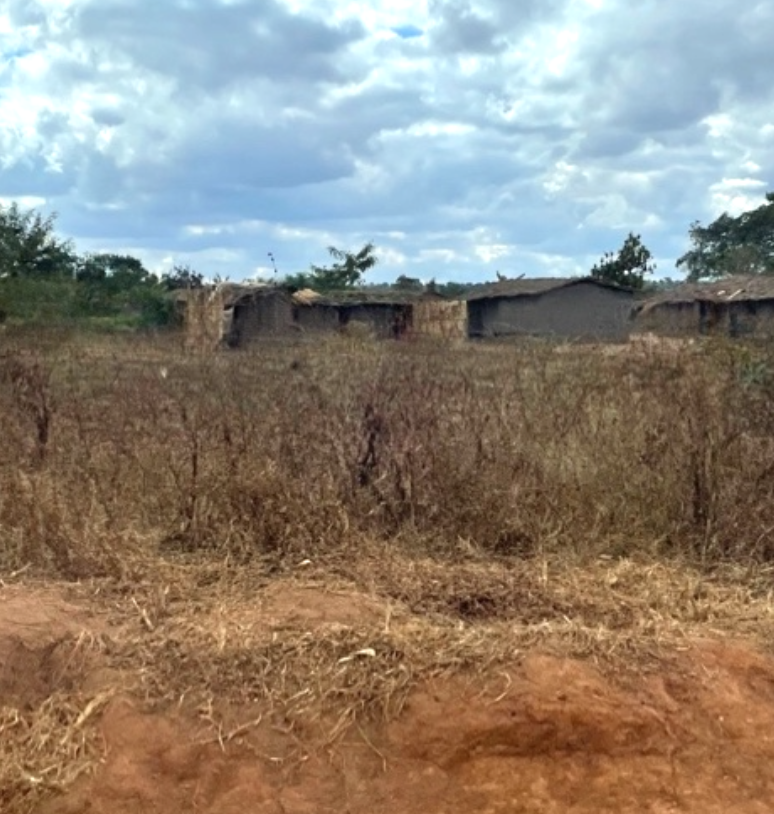
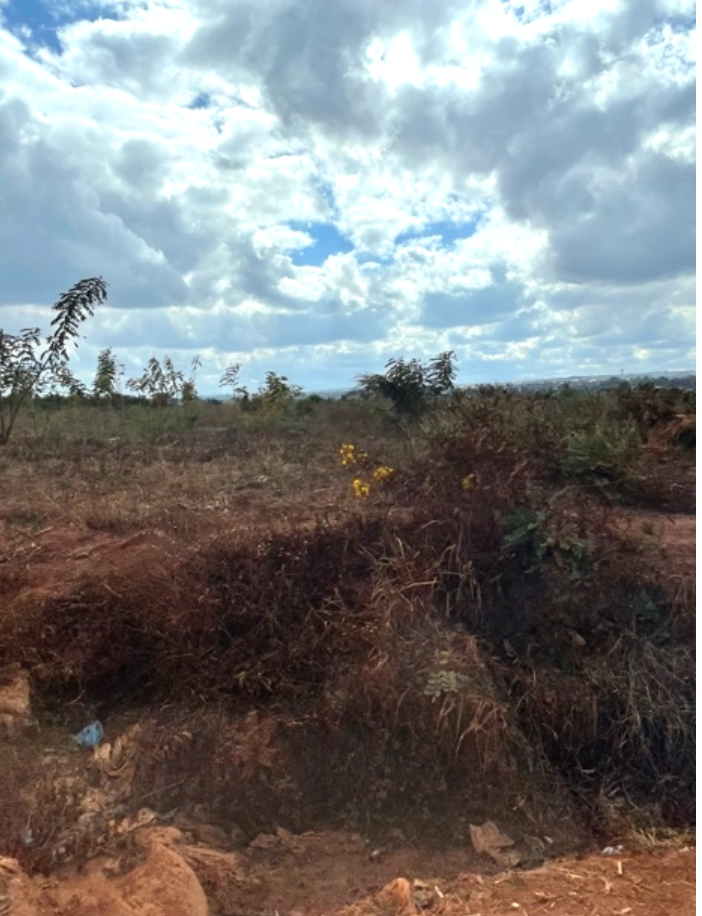
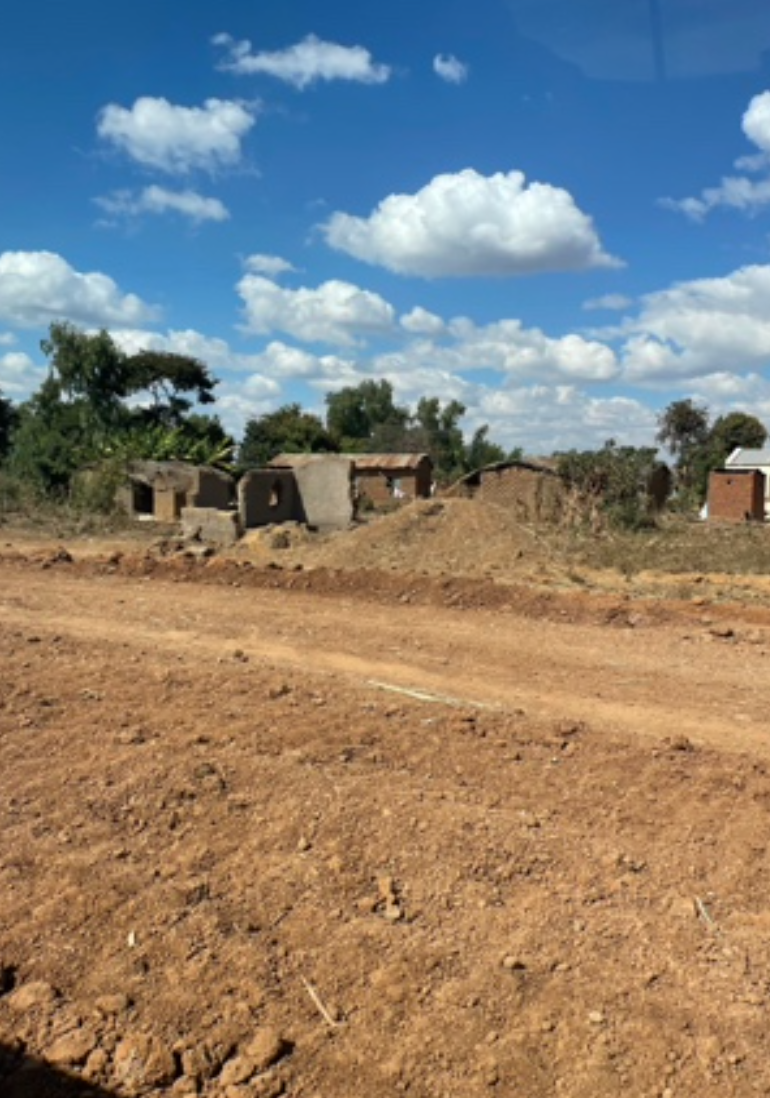
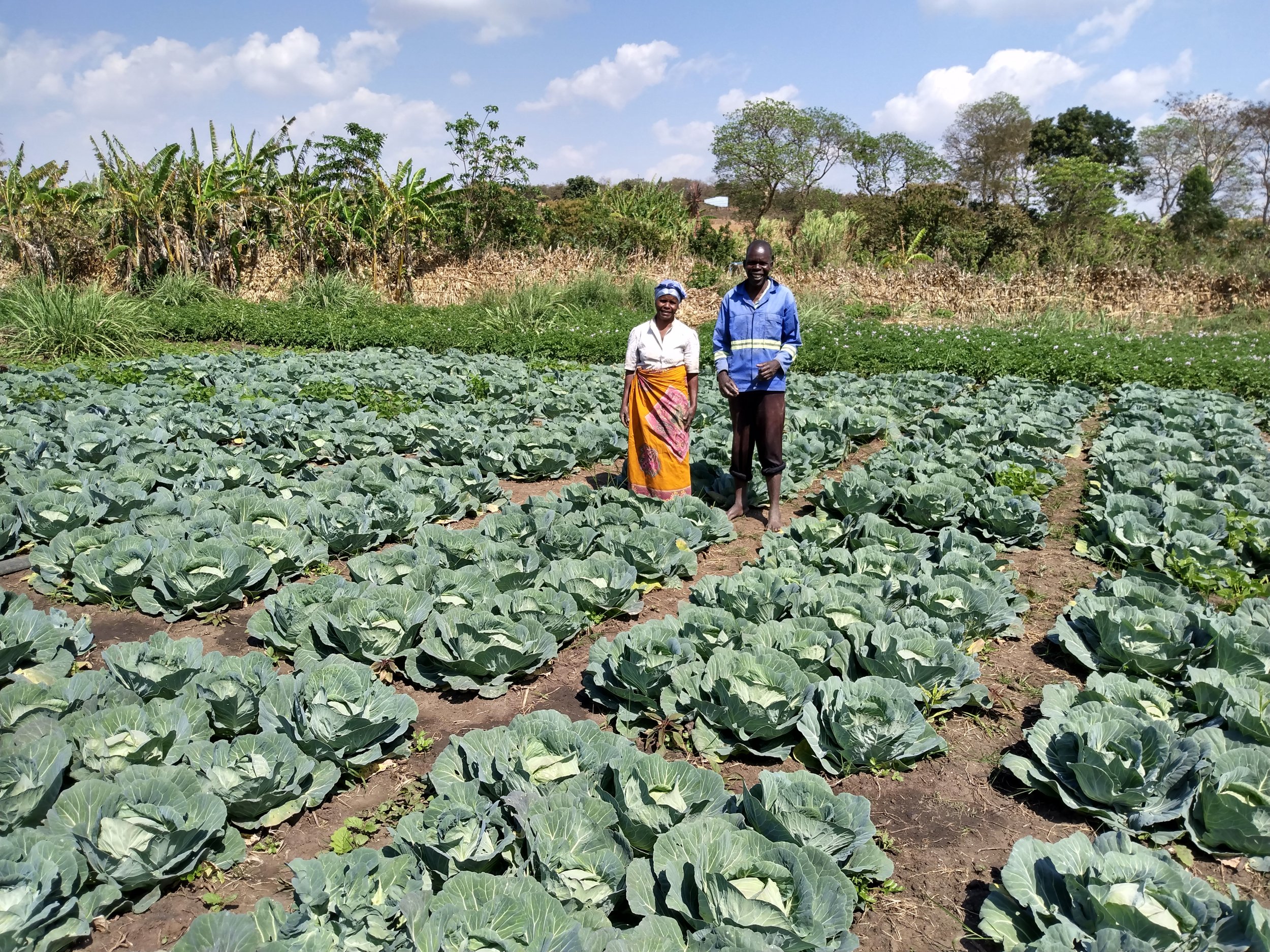
![IMG_2489[1].JPG](https://images.squarespace-cdn.com/content/v1/5b9cde69f93fd4ab38998a27/1667929618394-FBBDBEU73A900Q8FHCHB/IMG_2489%5B1%5D.JPG)
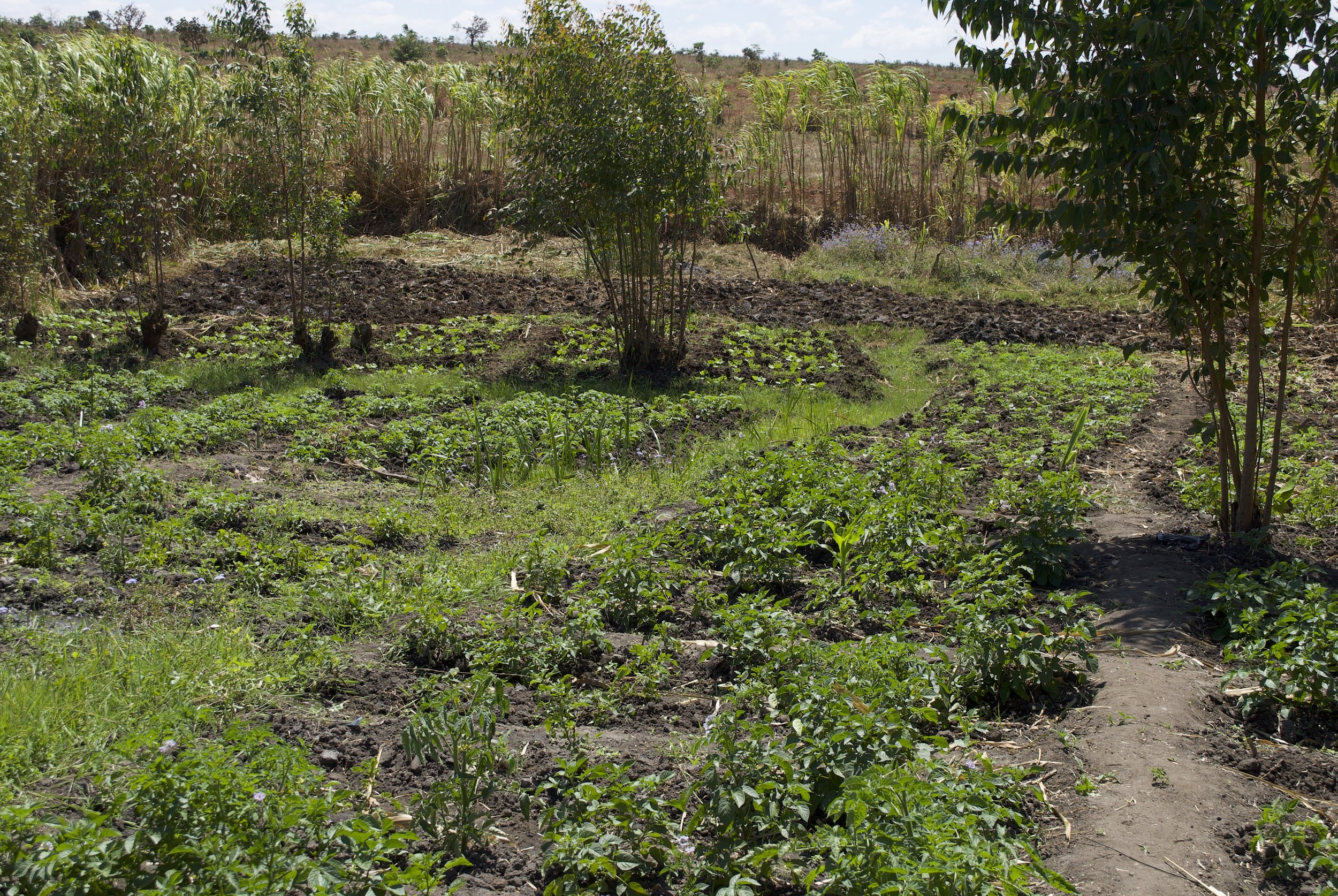
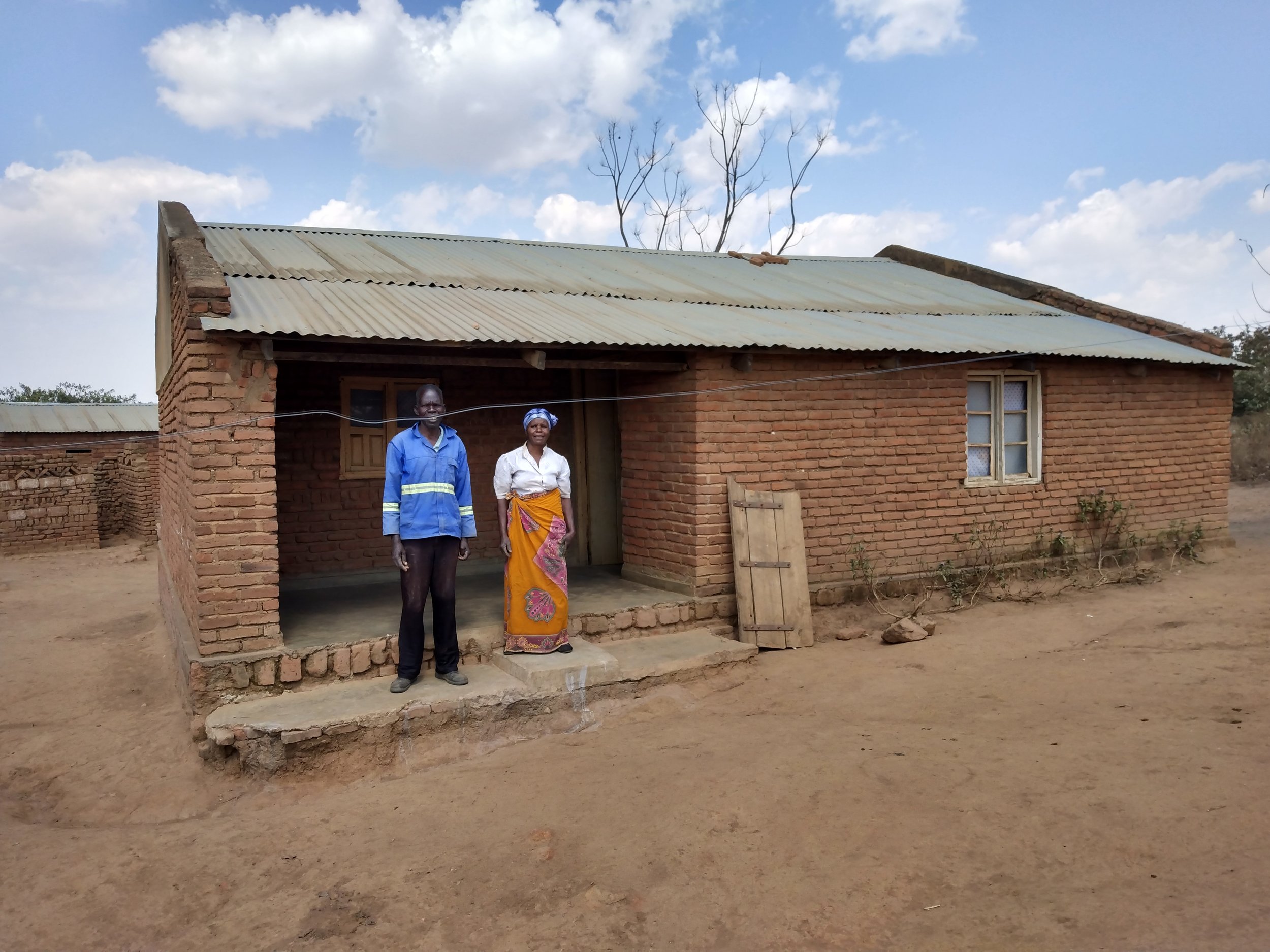
![IMG_1395[1].JPG](https://images.squarespace-cdn.com/content/v1/5b9cde69f93fd4ab38998a27/1667930368296-JCDFC9KYYOH3AEVA3OHB/IMG_1395%5B1%5D.JPG)
